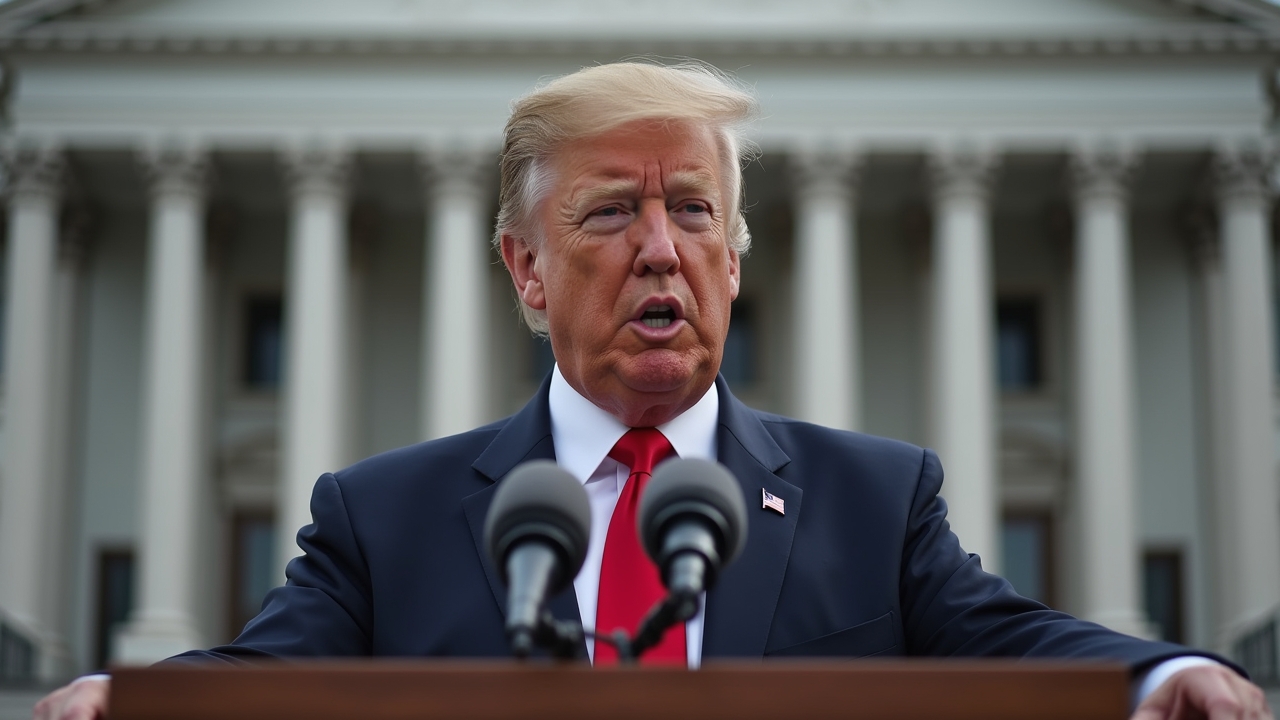PROTECT YOUR DNA WITH QUANTUM TECHNOLOGY
Orgo-Life the new way to the future Advertising by AdpathwayRecent events surrounding a controversial video released by six Democratic lawmakers highlight a significant clash within the military and intelligence communities about fidelity to the Constitution versus loyalty to the president. This 90-second video, titled “Don’t Give Up the Ship,” features lawmakers with military backgrounds urging current service members to refuse illegal orders, specifically in the context of President Trump’s administration. The immediate backlash the video received underscores the contentious nature of its message.
In the video, Senators Elissa Slotkin and Mark Kelly, along with Representatives Chrissy Houlahan, Chris Deluzio, Maggie Goodlander, and Jason Crow, present their views imploring service members to uphold their constitutional oaths over political directives. Crow asserts, “You can refuse illegal orders,” while Slotkin reinforces, “You must refuse illegal orders.” By framing their messaging around constitutional duty rather than party loyalty, they aim to resonate with service members who may feel conflicted about their orders.
This bold position sparked severe reactions. Former senior adviser Stephen Miller condemned the video as “a general call for rebellion,” suggesting it undermines the military chain of command. He expressed that such remarks from a U.S. senator are unprecedented, emphasizing, “To say such a thing would require you to have and to present to the nation some extraordinary scandal beyond even our wildest imagination.” His statements illustrate a deep apprehension about civilian politicians encouraging active military personnel to question their leaders.
Defense Secretary Pete Hegseth joined Miller in denouncing the video, describing it as an example of “Stage 4 TDS” or Trump Derangement Syndrome. This derision reflects a broader tendency among critics to dismiss the lawmakers’ message as politically motivated rather than grounded in genuine concerns about constitutional integrity.
The legislative context surrounding the video adds another layer of complexity. Slotkin’s introduction of the No Troops in Our Streets Act aims to limit presidential power in deploying National Guard troops domestically without state consent. Meanwhile, Crow’s War Powers Continuing Resolution seeks to restrict presidential military actions. These legislative efforts raise questions about the balance of power between Congress and the presidency, particularly in military engagements.
Critics have noted the potential ramifications of pairing this video with legislative initiatives. U.S. Deputy Attorney General Todd Blanche likened it to enemy propaganda aimed at destabilizing morale within the military. He argued, “If you’re encouraging enlisted men and women to reject commands—without any cited illegality—you’re creating chaos in the ranks.” This notion of chaos underscores a significant concern: the erosion of trust and cohesiveness within the armed forces. Furthermore, Blanche hinted at legal accountability for the lawmakers involved, suggesting that drawing from this political well could have consequences.
Notably absent from the video are concrete examples of illegal orders purportedly issued by President Trump or the Department of Defense. The lawmakers’ references, while invoking current anxieties around national security and military engagement, lack specificity. During a follow-up statement, Slotkin asserted, “This is the law,” advocating for military adherence to the Constitution while failing to provide tangible evidence of wrongdoing. This vagueness could lend credence to accusations of the lawmakers overstepping their bounds and risking a politicization of military discipline.
The broader implications of this situation are troubling. At its core, the video raises questions about the limits of lawful obedience versus moral resistance. Military personnel are instructed to disobey orders that are patently illegal, but calls from elected officials to preemptively challenge authority based on potential future misconduct could lead to dangerous precedents. A retired colonel, speaking off the record, articulated the risks involved, saying, “You don’t put men and women in uniform in a spot where they have to guess who to follow because politicians are shouting at them.” Such concerns highlight the delicate balance that must be maintained within the armed forces to prevent politicization of the military and the potential fracturing of the constitutional order.
The video’s extensive viewership—over 5.7 million views—demonstrates its reach and impact. Responses from the public have been polarized: some applaud the lawmakers for bravely defending constitutional governance, while others condemn the message as damaging to the very fabric of civil-military relations. This polarization underscores a critical question: how will the military respond when faced with calls for disobedience from elected officials? The silence from the Department of Defense and active military personnel speaks volumes about their commitment to upholding order and cohesion even amid political turmoil.
As the debate continues, the principles of order, law, and clarity are at stake. The implications of lawmakers urging military personnel to question their allegiance pose a risk not only to military readiness but also to the constitutional framework that underpins the nation’s governance. In times of political discord, maintaining the integrity of civil-military relations is essential for the stability of the republic.
"*" indicates required fields


 13 hours ago
1
13 hours ago
1

















.jpg)






 English (US) ·
English (US) ·  French (CA) ·
French (CA) ·